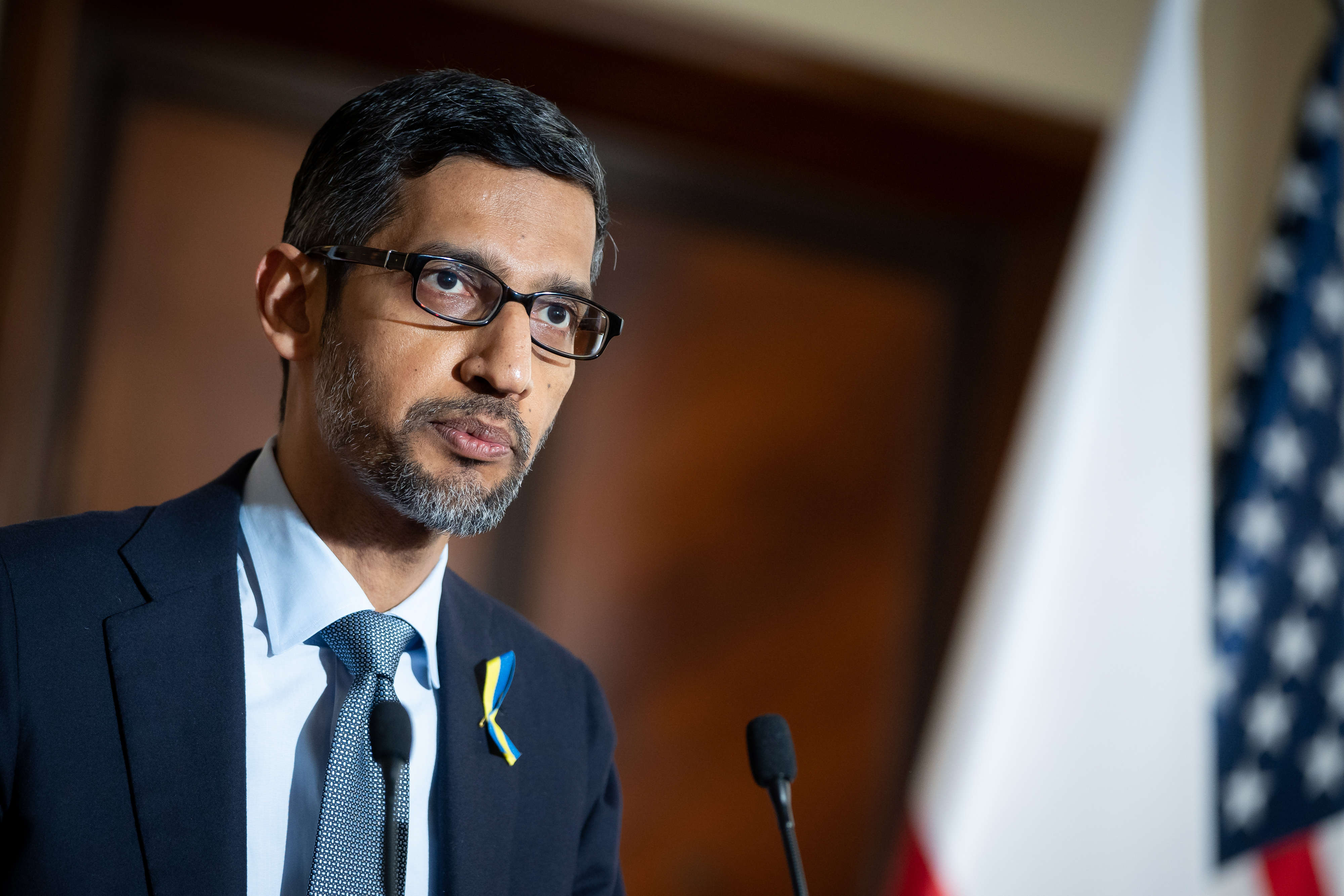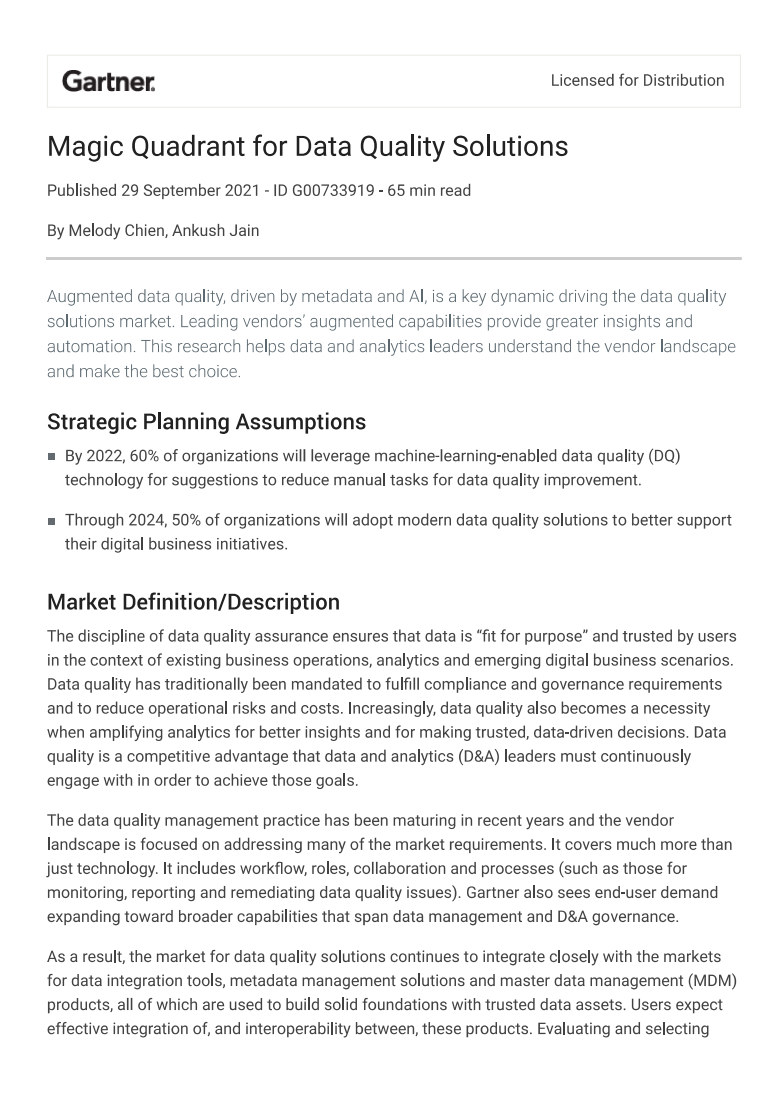NIDFPW: ID fraud up 10 per cent
Identity fraud has gone up by nearly 10 per cent, with around 80,000 cases recorded in the first nine months of 2010.


Identify fraud increased by almost 10 per cent in the first nine months of 2010, when compared to the same period last year.
There were nearly 80,000 cases of identity fraud from January to September, according to data from CIFAS the UK's Fraud Prevention Service.
Account takeovers, however, remained at approximately the same level in the first three quarters of 2010 with more than 16,000 cases recorded, although this still represented an increase of over 20 per cent in the last two years.
Much of the CIFAS report focused on the increased risk of fraud associated with the internet.
"The internet has revolutionised our lives. From the way we shop, bank or conduct business - through to how we keep in contact with friends and family," said CIFAS communications manager Richard Hurley.
"The blessings it brings to users, however, are offset by the anonymity it offers to fraudsters. Criminals no longer need physical access to your details in order to attack your sense of self and well-being, as they will also target you in the digital domain."
Businesses are evidently not doing enough to prevent identity fraud and are not handling sensitive data in a safe enough way or carrying out the right security checks, the report claimed.
Sign up today and you will receive a free copy of our Future Focus 2025 report - the leading guidance on AI, cybersecurity and other IT challenges as per 700+ senior executives
Just 56 per cent have a comprehensive policy on helping protect identities, while two-fifths of British employees believed their identities or those of customers could be obtained from their companies' bins.
The report has been launched in support of the sixth National Identity Fraud Prevention Week, which started today.
Tom Brewster is currently an associate editor at Forbes and an award-winning journalist who covers cyber security, surveillance, and privacy. Starting his career at ITPro as a staff writer and working up to a senior staff writer role, Tom has been covering the tech industry for more than ten years and is considered one of the leading journalists in his specialism.
He is a proud alum of the University of Sheffield where he secured an undergraduate degree in English Literature before undertaking a certification from General Assembly in web development.
-
 What the fragmentation of UC means for the channel
What the fragmentation of UC means for the channelIndustry Insights If communications are becoming fragmented, what does that mean for MSPs and VARs?
-
 How SMBs can DIY their IT implementation and support
How SMBs can DIY their IT implementation and supportFeature For some small and medium-sized businesses, the third-party expertise and support might be out of reach. What’s the alternative?
-
 “Public trust has become the new currency for AI innovation”: Why SAS is ringing the alarm bell on AI governance for enterprises
“Public trust has become the new currency for AI innovation”: Why SAS is ringing the alarm bell on AI governance for enterprisesNews Demonstrating responsible stewardship of AI could be the key differentiator for success with the technology, rather than simply speed of adoption
-
 The CEO's guide to generative AI: Be a creator, not a consumer
The CEO's guide to generative AI: Be a creator, not a consumerWhitepaper Innovate your business model with modern IT architecture, and the principles of trustworthy AI
-
 Building a strong business case for GRC automation
Building a strong business case for GRC automationwhitepaper Successfully implement an innovative governance, risk & compliance management platform
-
 Sundar Pichai: AI keeps me up at night
Sundar Pichai: AI keeps me up at nightNews The Google chief warned that recent AI developments will have a profound impact on society
-
 ChatGPT privacy flaw exposes users’ chatbot interactions
ChatGPT privacy flaw exposes users’ chatbot interactionsNews OpenAI has not expanded on the flaw in detail, nor indicated its reach
-
 2022 Magic Quadrant for data integration tools
2022 Magic Quadrant for data integration toolsWhitepaper Using research to evaluate suitable vendors for their existing and upcoming data integration use cases
-
 Redefining modern master data management in the cloud
Redefining modern master data management in the cloudWhitepaper Why you need a modern MDM solution built for the cloud
-
 Magic quadrant for data quality solutions
Magic quadrant for data quality solutionsWhitepaper Amplifying analytics for better insights and for making trusted, data-driven decisions
